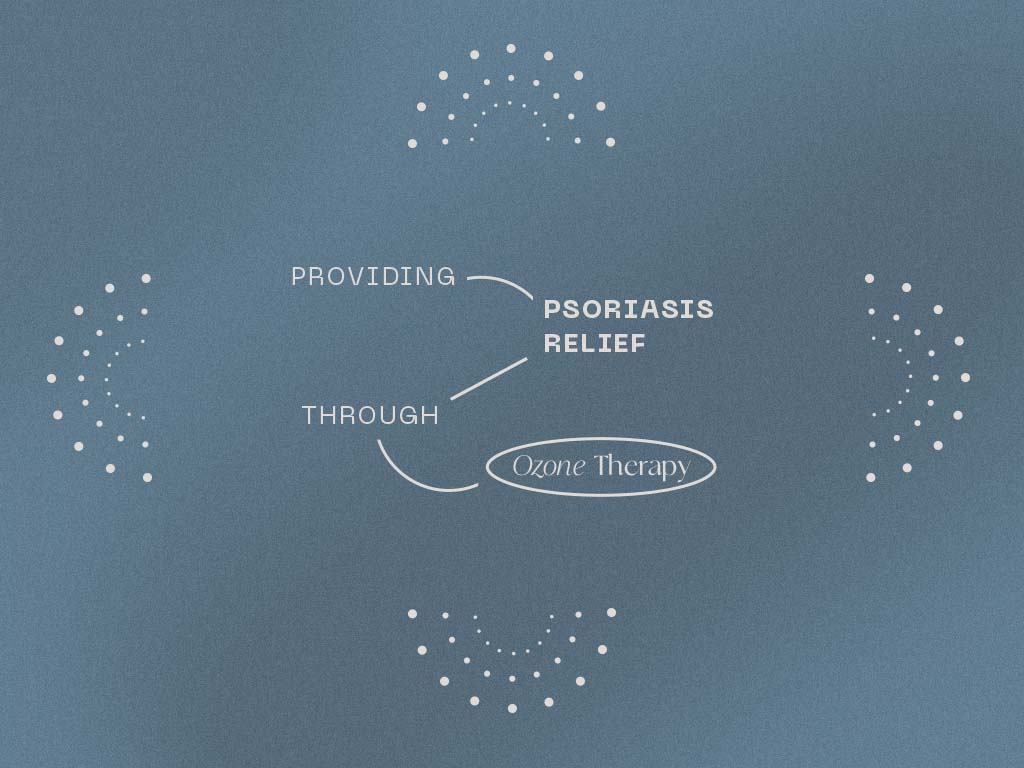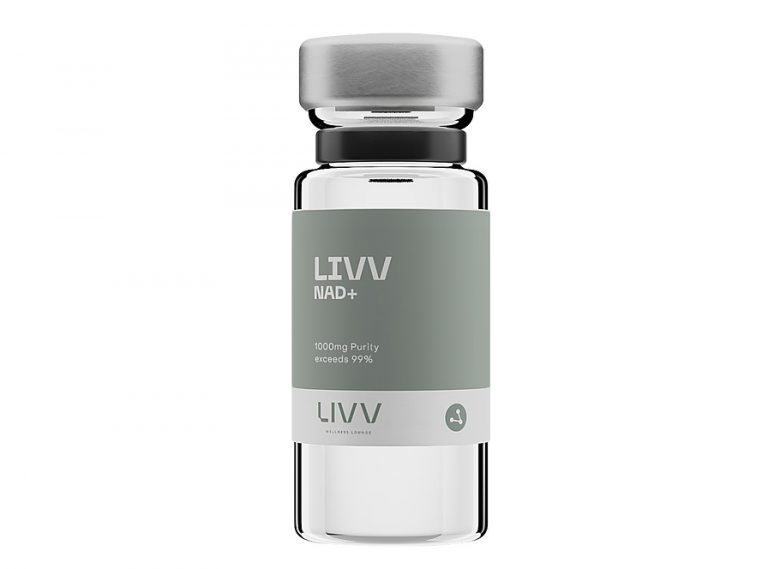Providing Psoriasis Relief Through Ozone Therapy

Providing Psoriasis Relief Through Ozone Therapy
Approximately 7.5 million Americans battle psoriasis every day and it’s tough.
The red patches with silvery scales aren’t always easy to cover up. People stare and distance themselves while others ask too many questions and suggest all kinds of remedies.
Perhaps worse, is dealing with the itch. It starts out of the blues and disrupts your life, usually at the worst time ever. Couldn’t it wait until you were home and alone?
Living with psoriasis can be challenging, but thanks to advanced treatment options, it doesn’t have to be that way. Ozone therapy is one such treatment option that’s helping improve psoriatic skin lesions.
Before we explore the awesome science, that’s bringing relief to psoriasis, let’s look at the forms, potential causes, symptoms, and diagnosis.
Forms of Psoriasis
Psoriasis is considered an autoimmune condition where a person’s skin cells multiply rapidly.
Normal skin cells typically take a month to grow completely and shed, but with this psoriasis condition, the process runs shorter taking three to four days.
The cell overgrowth doesn’t fall off, rather piles on the skin’s surface, creating thick, unsightly silver (or purplish-greyish) plaques that itch from time to time.
Alongside the plaques, patients may also have disorders of fingernails and toenails
Psoriasis typically affects people aged 15 to 60 but can also appear at any other age.
This condition takes on different forms including:
- Plaque psoriasis: patients develop raised, inflamed lesions on their elbows, lower back, scalp, and knees. It’s the more common form of psoriasis.
- Inverse psoriasis: unlike plaque psoriasis, inverse psoriasis doesn’t produce scales, although the lesions may appear shiny. It affects skin folds like under the breasts, armpits, and groin. Since these areas are prone to rubbing and sweating, irritation occurs easily, worsening the condition.
- Erythrodermic psoriasis: this form is rare, but when it occurs, it inflames large areas of the body. Patients experience severe itching, pain, and skin shedding. Erythrodermic psoriasis may trigger severe complications and should be treated right away.
- Guttate psoriasis: commonly occurring in children and adolescents, guttate psoriasis manifests as small spots without crusts. The condition may resolve with no treatment and disappear entirely, but it may also come back as plaque psoriasis.
- Pustular psoriasis: patients experience white pustules around their hands and feet circled by inflamed skin.
- Psoriatic arthritis: is a medical complication that arises from psoriasis. Patients experience joint inflammation alongside arthritis symptoms.
Causes of Psoriasis
Scientists haven’t quite put a finger on the actual cause of psoriasis, but categorize this condition under autoimmune diseases.
Since autoimmune conditions attack our immune system, the system fights back by producing T cells to fight off infection or heal wounds.
For people living with psoriasis, triggers may cause their genes to instruct the immune system to descend on the wrong cells. T cells bring their A-game to the fight, producing chemicals that induce inflammation. These activities cause skin cell overgrowth.
Most people go through cycles of flare-ups and remissions, but don’t know what triggers the flare-ups:
Common triggers include:
- Cold and dry weather
- Cuts, scrapes, severe sunburns, or bug bites
- Strep throat infections
- Smoking, including exposure to secondhand smoke
- Stress and anxiety
- Heavy alcohol consumption
- Hormonal changes
- Medicine like antimalarials, quinidine, lithium, or high blood pressure medications
Certain factors predispose a person to psoriasis including
- Trauma to the skin
- Excessive weight gain
- Diabetes
- Metabolic syndrome
- Heart conditions
- Hypertension
Is psoriasis contagious?
Fortunately, this condition isn’t contagious. It may run in families but skip generations.
Psoriasis Diagnosis
Our naturopathic doctors will conduct a physical exam to diagnose the rashes and lesions.
They will ask about your family history and possibly order a skin biopsy (lab test) to rule out eczema or other skin conditions.
If the diagnosis points to psoriasis and you meet the requirements for ozone therapy, the doctor may recommend it.
Patients with blood disorders like anemia or hemophilia or who’ve recently had a heart attack are not suitable candidates for ozone therapy. The same goes for menstruating or pregnant women.
Ozone Therapy for Psoriasis
Ozone therapy uses ozone gas to increase oxygen supply to diseased or damaged areas.
While human cells thrive in high-oxygen environments, disease-causing pathogens can’t stand it. Ozone therapy exposes these pathogenic microorganisms to high oxygen effectively destroying them.
In psoriasis, ozone therapy has been shown to improve the skin’s condition. It may help neutralize toxins in the blood, lessen inflammation, decrease swelling, and soften skin.
Higher oxygen levels may boost the immune system’s ability to fight stress and improve overall health.
Ozone therapy may be administered through auto hemotransfusion (where blood is drawn, mixed with ozone, and reintroduced into the bloodstream), topical application, or direct injection.
The doctor will help you prepare for the therapy but ensure you get a good night’s sleep on the night before. Avoid alcoholic drinks, stock up on water, and have a healthy breakfast on the morning of the therapy.
Ozone Therapy at LIVV Natural
At LIVV natural, we focus on alternative and natural treatments that support your body’s natural balance while promoting healing.
We have a team of naturopathic doctors and medical assistants that are professionally trained to perform ozone therapy in the safest way possible.
Our wellness clinics provide comfort and superior care, so the only thing you need to concentrate on is getting better.
If you’re considering ozone treatment for your psoriasis, call us today.


